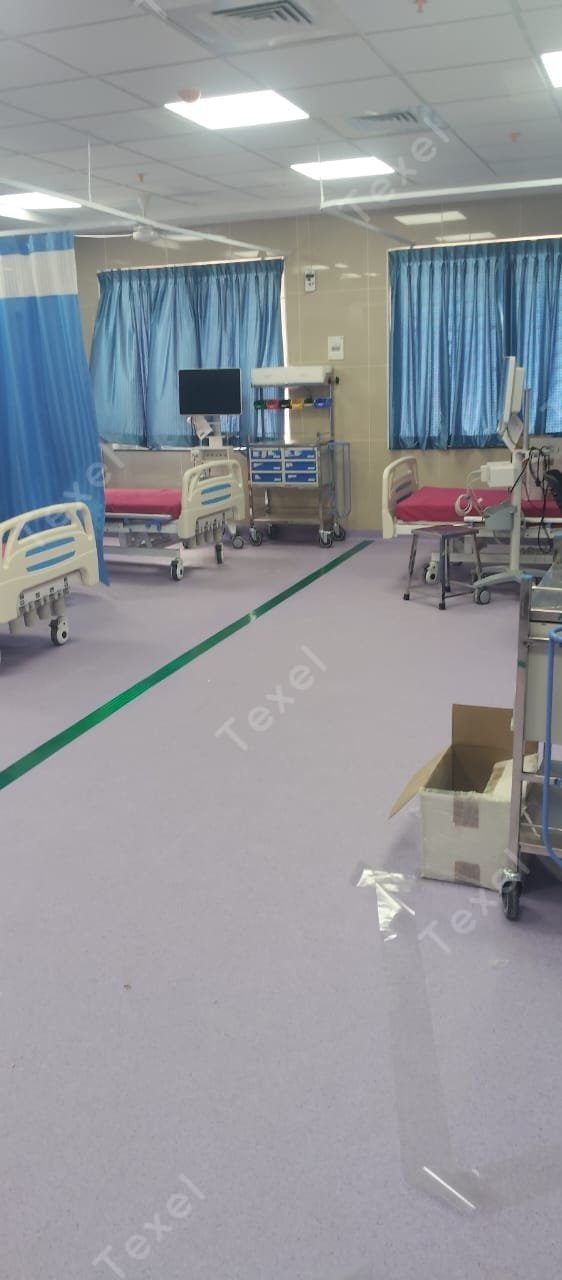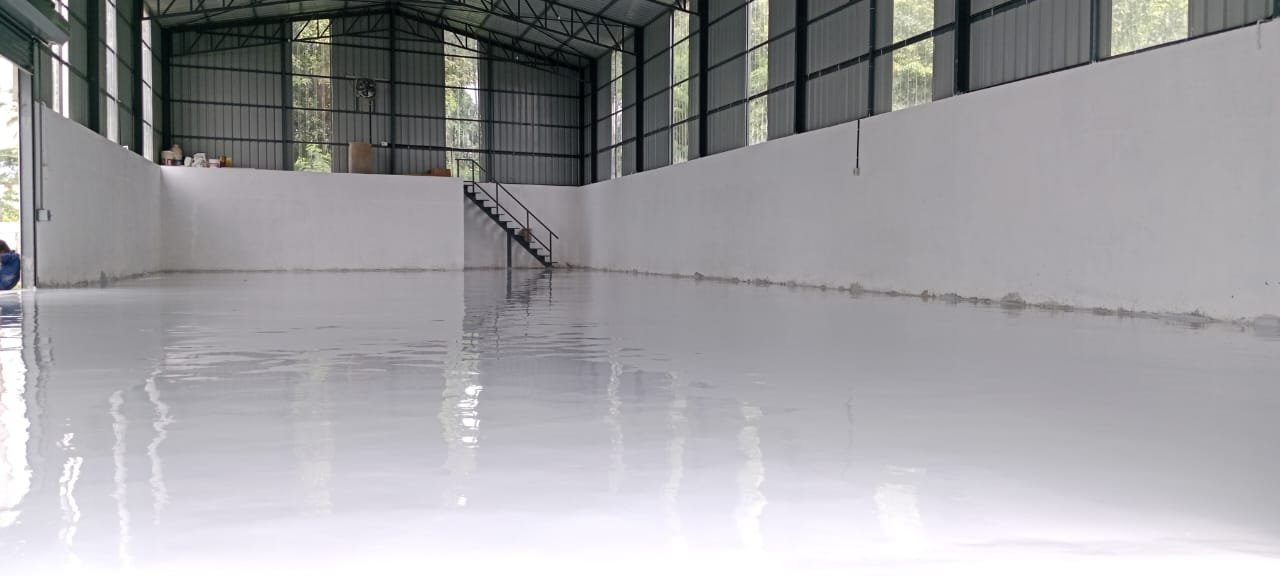VINYL FLOORING IN HYGIENE INDUSTRY
VINYL FLOORING IN HYGIENE INDUSTRY
INTRODUCTION
In environments where cleanliness, safety, and infection control are of paramount importance, the choice of flooring plays a critical role. The hygiene industry, which includes healthcare, pharmaceuticals, laboratories, and food processing, demands surfaces that are easy to clean, resist contaminants, and withstand frequent sanitation. Vinyl flooring has emerged as a preferred solution in these settings because it offers a seamless finish, durability, and low maintenance requirements.
HOW VINYL FLOORING CONTRIBUTES TO HYGIENE INDUSTRY?
- Seamless Installation (when welded properly)
- Vinyl sheets can be installed with heat-welded seams, creating a nearly seamless surface. This prevents dirt, moisture, and bacteria from getting trapped in cracks or joints, which is crucial in sterile environments.
- Easy to Clean & Maintain
- Vinyl is resistant to most chemicals and can withstand rigorous cleaning protocols, including the use of strong disinfectants.
- Water-Resistant
- Vinyl’s non-porous surface means it doesn’t absorb water or other fluids, preventing microbial growth like mold or mildew.
- Durable & Long-Lasting
- Commercial-grade vinyl can withstand heavy foot traffic, rolling equipment, and impacts, making it ideal for high-use environments like hospitals or labs.
- Anti-Bacterial & Anti-Microbial Properties
- Some specialized vinyl flooring includes built-in antimicrobial treatments to further reduce the risk of contamination.
- Slip Resistance
- Options with textured surfaces or added slip resistance help reduce the risk of slips and falls—critical in wet or spill-prone areas.
- Comfort & Noise Reduction
- Cushioned vinyl options can offer more underfoot comfort and reduce noise, both of which are appreciated in long-shift healthcare environments.
CONCLUSION
Vinyl flooring is a top choice for the hygiene industry due to its seamless, non-porous, easy-to-clean, and durable nature, all of which help maintain strict sanitary standards. Its resistance to moisture, chemicals, and microbial growth makes it ideal for environments where cleanliness is non-negotiable such as hospitals, laboratories, pharmaceutical facilities, and food processing areas.
Related Posts
Leave a Reply Cancel reply
You must be logged in to post a comment.




